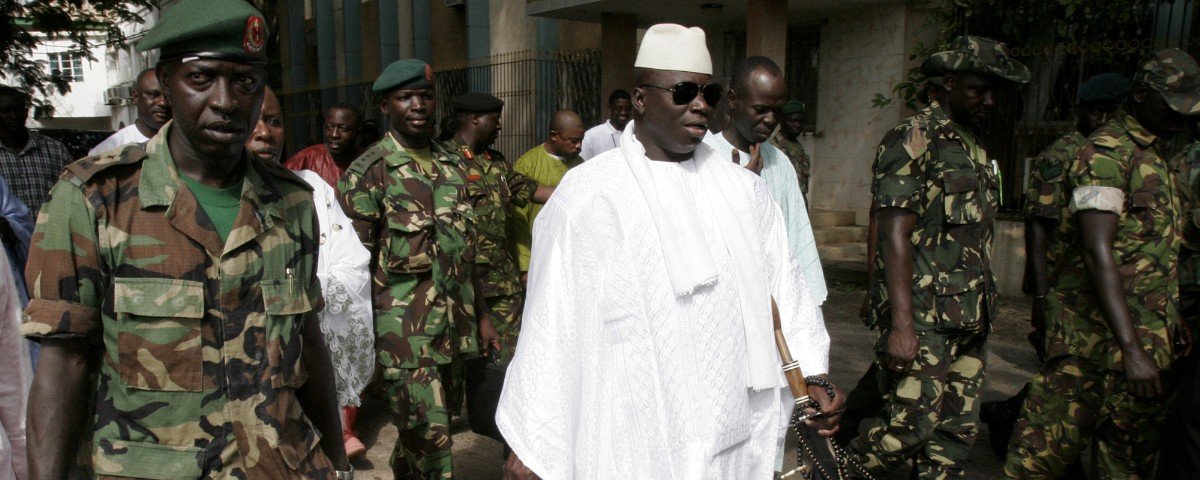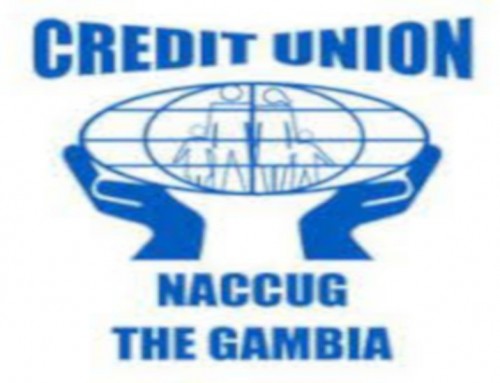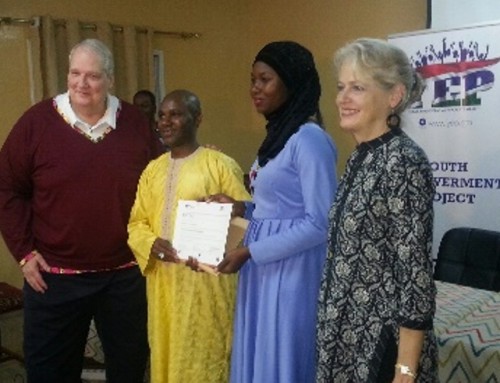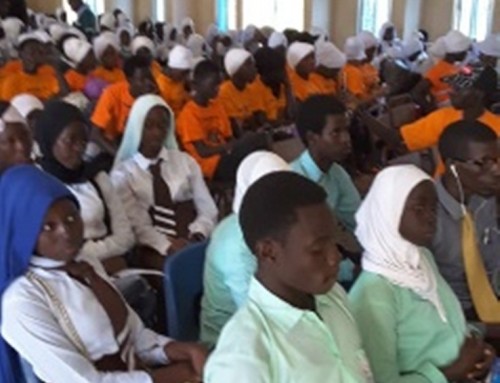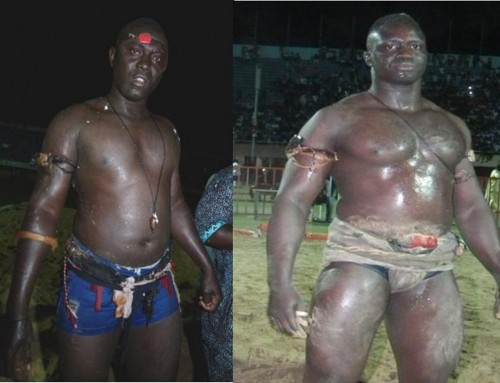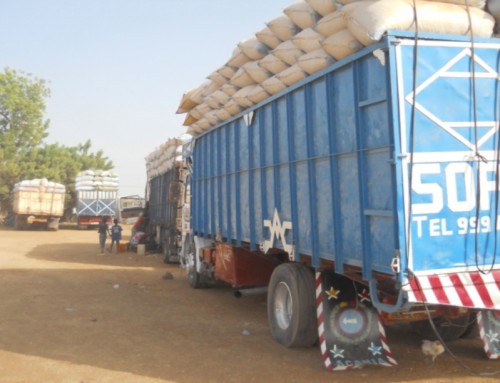By Emma Farge
DAKAR (Reuters) – The expulsion of an EU diplomat from Gambia this month has derailed efforts to unblock aid to one of the world’s poorest countries, the source of thousands of illegal migrants headed to Europe, diplomats say.
The European Union had earmarked 33 million euros ($37 million) for development projects in the West African country for 2015-2016 but froze the funds due partly to concerns over human rights after a tough new law against homosexuality.
Brussels was surprised, however, by Gambia’s order to expel EU charge d’affaires Agnes Guillaud on June 5, hours after the first meeting in months between the two parties at which diplomats raised the law and President Yahya Jammeh’s criticism of EU migration policy.
“There’s no way the money will be unblocked now,” said one Western diplomat familiar with the talks.
“Talks with Gambia were about potentially reopening the (aid) tab,” said another. “That was a disaster.”
Gambia announced the expulsion on state TV and has not commented since.
EU diplomats also used the June 5 talks to express concern about Gambia blocking consular access to foreign nationals in jails and pegging its depreciating dalasi currency to the dollar in May, two months after a pledge to the contrary.
A U.N. report in May found evidence of significant violations of human rights, something the government has denied, calling the allegations unsubstantiated.
Some EU members want to invoke article 96 of the Cotonou Agreement, which governs relations between the EU and African countries, that allows sanctions or an aid freeze when human rights, democratic principles or the rule of law are violated.
However, some EU governments fear this would further isolate Gambia’s 1.8 million people.
Gambia’s economy shrank in 2014 as fears of Ebola in neighboring countries kept tourists away while drought cut agricultural output. In the same year, the number of Gambians claiming asylum in Europe trebled to 11,515, according to EU data.
The IMF says the balance of payment impact of Ebola will reach $28 million this year after being offset by lower oil import costs, making the loss of EU funding even more painful.
“Gambia cannot absorb this sort of shock,” said Jeggan Grey-Johnson, a Gambian and analyst with Open Society Initiative of Southern Africa. “The economy is small and already in freefall.”
A spokesman for the European Commission said that 4 million euros previously approved would still be distributed this year. She said the EU was observing the situation closely with a view to resolving the issue.
One of the diplomats said it might be possible to channel EU aid via U.N. programs or civil society groups, rather than paying it to the government.
($1 = 0.8875 euros)
(Reporting by Emma Farge; Additional reporting by Adrian Croft in Brussels and Pap Saine in Banjul; Editing by Robin Pomeroy)
Source:Reuters
